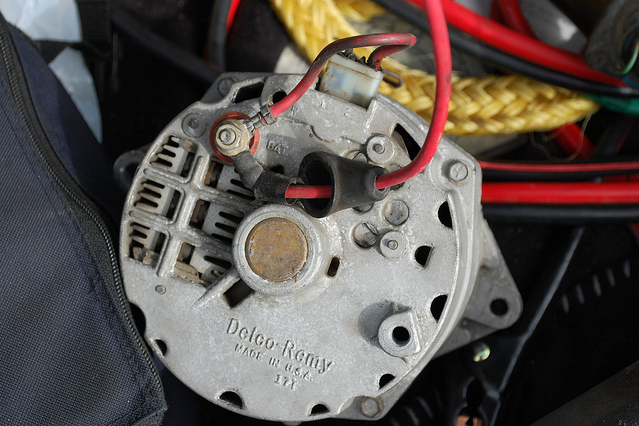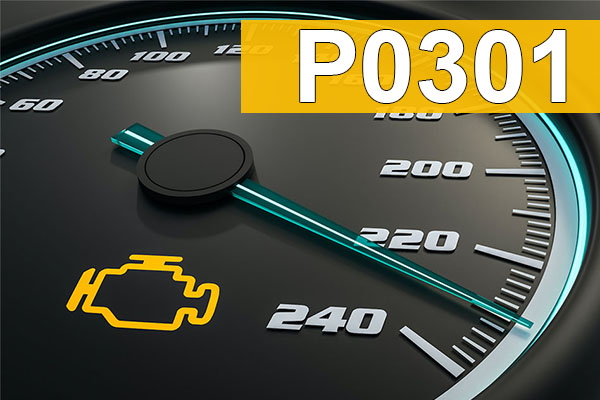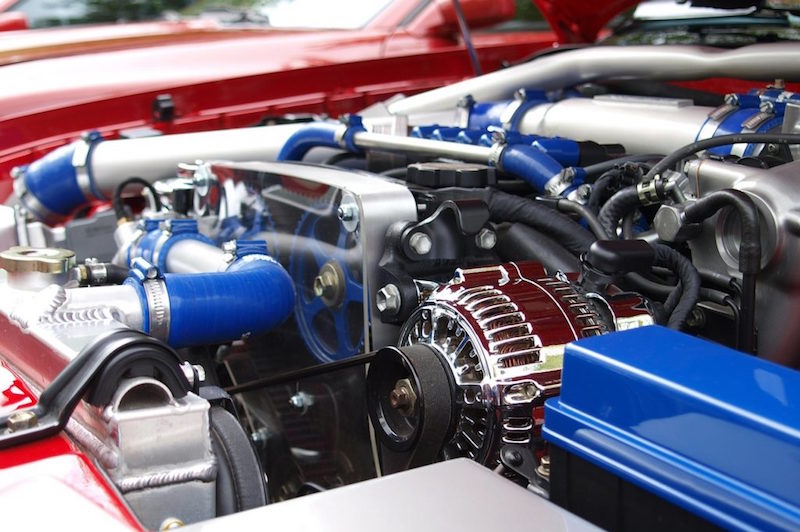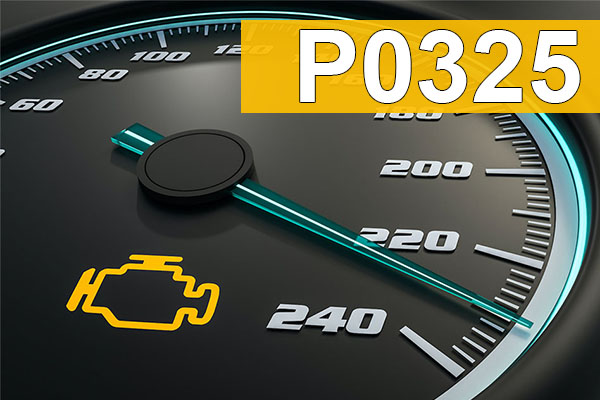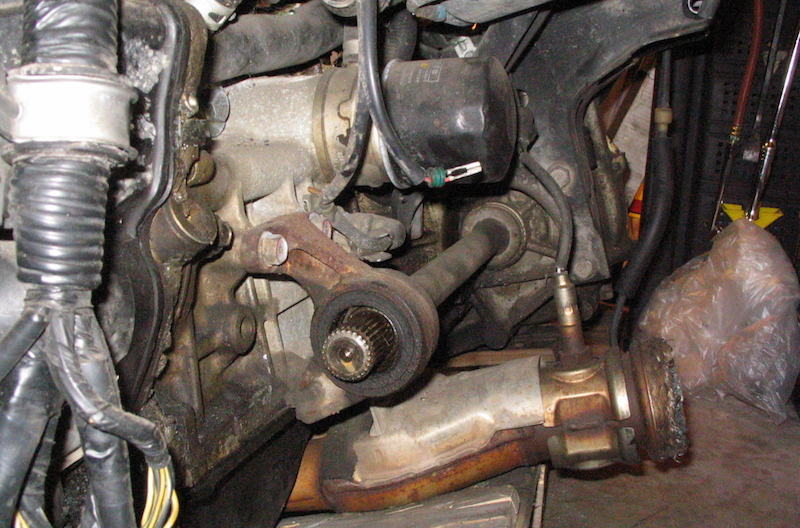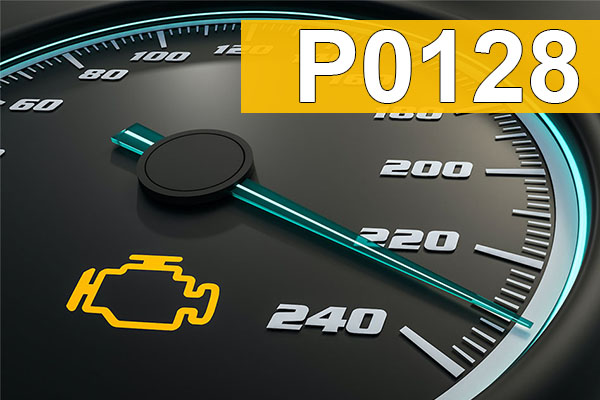
For combustion to happen correctly, precise timing of many components is necessary.
Spark Knock: What Does It Mean?
Spark knock, pinging, detonation, pre-ignition... you may have heard all these terms before. It's a different sound from valvetrain clatter in a tired, high-mileage engine, and it's definitely different from the heavy clank of a rod knock, which sounds more like someone rapidly hitting a garbage can lid with a hammer. Instead, it's more of a metallic ping or clanking noise. You may also have heard a clatter or knock from under the hood in certain instances when the engine is under load and working hard, like when climbing a hill, towing a trailer or passing another car. We're going to talk about what spark knock is, why it happens and what can be done about it.
Detonation vs Pre-ignition
Although the terms are sometimes used interchangeably, they mean two separate things. Detonation is what happens when the fuel/air mixture in a cylinder actually explodes instead of burning in the cylinder and combustion chamber. Rather than an even flame front that moves and expands through the cylinder, it's the result of excessive heat inside the combustion chamber, and in severe cases can lead to damage to the pistons, piston crowns, rings, head gaskets and even the main and rod bearings.

This engine's combustion chambers has an excessive amount of carbon buildup.
Excessive compression can also be a culprit, and can be caused by an accumulation of carbon on the piston crown and valves, taking up space in the combustion chamber and heightening the compression ratio. Remember that the "squish area" in the combustion chambers when the pistons are at Top Dead Center is tiny to start with, and it doesn't take much to take up even more space in there.
It's worth remembering here that high-compression engines of the 60s required premium gas with lead and anti-knock additives to prevent spark knock. Modern-day engines that are supercharged or turbocharged can also be prone to knock, since the forced induction of air is effectively like raising the compression ratio.
Other causes can include an engine running too hot, lean fuel mixture or too-advanced ignition timing. A problem with the EGR valve can also lead to detonation, as the EGR valve helps keep combustion temperatures down by directing exhaust gases back into the cylinder to be burned. A defective knock sensor can also be the culprit, as the knock sensor detects the detonation event and sends a message back to the engine control computer so that timing can be retarded slightly to compensate for the knock.

BWD knock sensor | Advance Auto Parts
Vacuum leaks at the MAP sensor, EGR valve, PCV valve or purge valve can cause spark knock; if you suspect a vacuum leak, the quick-and-dirty way of diagnosing it is to spray carburetor cleaner around where you think the leak might be. If a leak is present, you should hear a slight change in idle as the spray is sucked into the fuel system and burned. In some cases, substandard or contaminated fuel can even cause spark knock.
Finally, excessive back pressure from an obstructed catalytic converter can be enough to raise combustion chamber temps and lead to spark knock. A failing catalytic converter, however, will also mean a trouble code, Check Engine Light and a vehicle that performs like it's being driven through wet sand.
Pre-Ignition
Pre-ignition is what happens when the fuel/air mixture actually ignites before the spark plug fires. It can be due to a too-hot spark plug, advanced ignition timing, a lean fuel mixture or the other causes noted above, but more often than not it's due to a glowing chunk of carbon that's adhered to a valve or the piston crown. When an engine continues to try to run after the ignition is shut off, old-timers called that "dieseling" since the glowing chunk of carbon would act like a glow plug in a diesel engine.
Do You Hear Spark Knock?
Granted, spark knock and pre-ignition aren't the problems they once were back in the days of carburetion and manually-adjustable ignition timing. Still, if your vehicle is pinging or knocking loud enough that you can hear it, you've got a problem that will need to be addressed. Chances are you'll also see an illuminated check engine light. If you have a check engine light that stays on, stop by your local Advance Auto Parts store for a free code check.
How have you dealt with spark knock in the past? Let us know in the comments.

